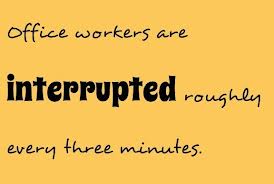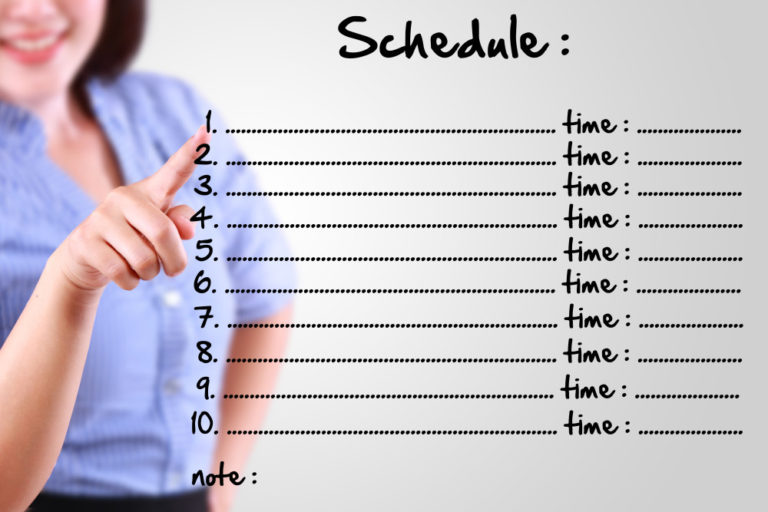Long-term projects. Could you use some tips to help finish that project you started with gusto, which is currently lagging?
If you hit a roadblock (or two, or three) what are they—and does your team have ideas for overcoming those hurdles? Decide ahead of time how you will handle issues when they come up. Planning will prevent panic and help people stay on track.











